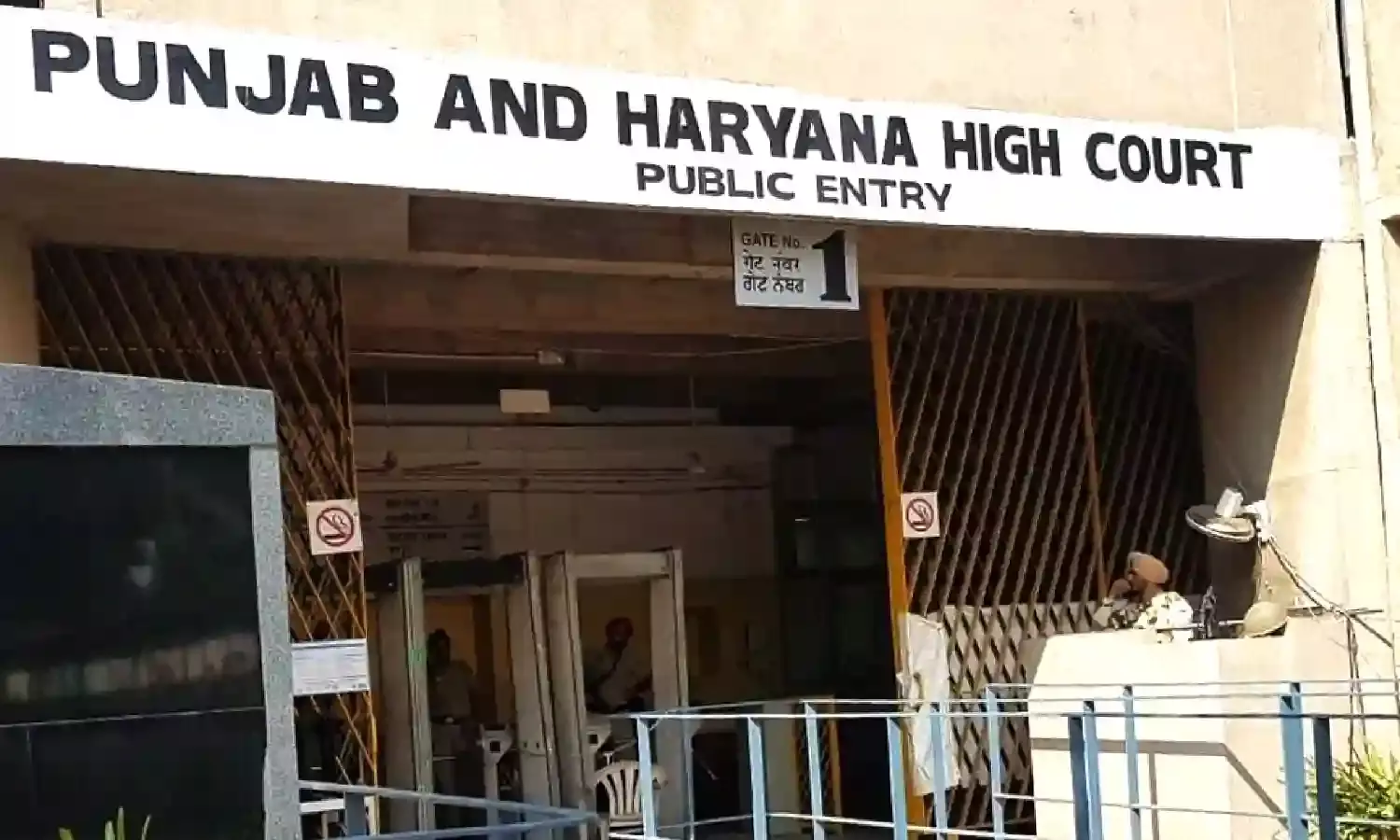Power To Grant Bail U/s. 439 CrPc Is Subject To Conditions Laid Down In Section 37 NDPS Act: Punjab & Haryana HC
Power To Grant Bail U/s. 439 CrPc Is Subject To Conditions Laid Down In Section 37 NDPS Act: Punjab & Haryana HC

The Punjab and Haryana High Court has held that the power to grant bail under Section 439 of the Code of Criminal Procedure (CrPc) is subject to the conditions laid down in Section 37 of the Narcotic Drugs and Psychotropic Substances Act, 1985, which commences with a non-obstante clause.
The Bench of Justice Suvir Sehgal made this observation while adjudicating a bail application.
Section 37 of the NDPS Act states that every offence punishable under the NDPS Act shall be cognizable. It further provides that no person accused of an offence punishable for [offences under section 19 or section 24 or section 27A and also for offences involving commercial quantity] shall be released on bail or on his own bond unless— (i) the Public Prosecutor has been given an opportunity to oppose the application for such release, and(ii) where the Public Prosecutor opposes the application, the court is satisfied that there are reasonable grounds for believing that he is not guilty of such offence and that he is not likely to commit any offence while on bail.
In this case, a heavy recovery of contraband was allegedly made from the vehicle which the petitioner was driving. He along with the co-accused was arrested on the spot.
It was submitted that the petitioner was falsely implicated and that he had a poor heart condition.
On the other hand, counsel for the state argued that as the contraband falls within the category of commercial quantity, the petitioner cannot be enlarged on bail in view of the bar under Section 37 of the NDPS Act.
The Court observed that an exceptionally heavy recovery of contraband was made from the vehicle which he was driving, though it was not clear as to whether the petitioner was the owner of the vehicle.
The Court further observed that the Petitioner had not given any explanation for the commercial quantity of contraband that was recovered from his possession.
The Court held that "Power to grant bail under Section 439 of the Code is subject to the conditions laid down in Section 37 of the NDPS Act, which commences with non-obstante clause. The Court is required to see as to whether there are any reasonable grounds to believe that the accused has not committed the offence and whether he is likely to commit any offence while on bail. This Court is satisfied that these conditions are not satisfied."
The Court, considering the huge quantity of prohibited substance recovered from the petitioner as well as the fact that the trial was progressing, dismissed the petition seeking bail.
Click here to read/download the Order

